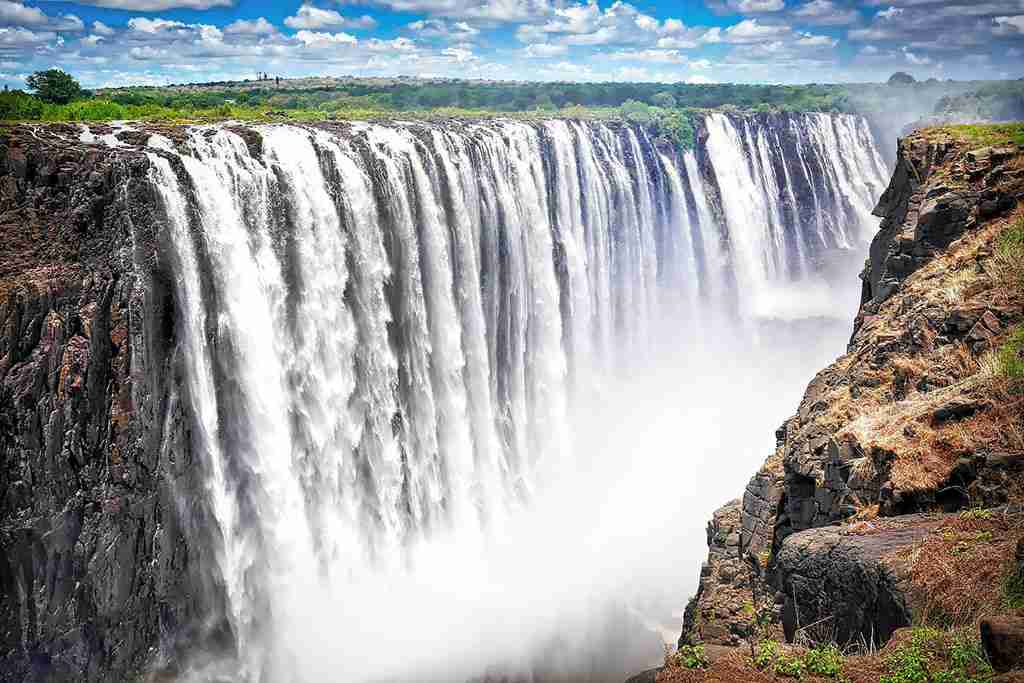Sacred Waters of Africa: Cultural and Spiritual Connections
Water in Africa holds deeper meaning than just sustaining life. Across the continent, communities weave rivers, lakes, and springs into their cultural and spiritual fabric. They use these waters as sacred spaces to perform rituals, preserve myths, and strengthen ancestral connections. The sacred waters of Africa carry spiritual meaning and ecological importance, anchoring cultural identity and heritage.

The Spiritual Significance of Water in African Traditions
In many African belief systems, water symbolises life, renewal, and purification. Rivers, lakes, and springs are considered channels between the physical and spiritual worlds, where humans can communicate with ancestors, gods, or spirits. Ritual bathing, offerings, and ceremonies often take place at water bodies, underscoring their role as sites of healing and rebirth.
Sacred Rivers of Africa
Nile River
The Nile River, one of the world’s most famous waterways, has inspired reverence for millennia. In Ancient Egypt, people saw it as a divine gift from the gods and relied on it for fertility, agriculture, and the afterlife. Today, communities along the Nile continue to honor it as a life-giving force with deep spiritual value.
Niger River
The Niger River holds deep cultural significance for communities in Mali, Niger, and Nigeria. It is celebrated in folklore and ceremonies, often viewed as a sacred provider that sustains life, nourishes fields, and connects people to their ancestors.
Zambezi River
Flowing through Southern Africa, the Zambezi River is central to spiritual practices. Among the Lozi people of Zambia, ceremonies like the Kuomboka Festival are tied to the river’s seasonal floods, symbolizing renewal and continuity.
Sacred Lakes and Springs of Africa
Lake Victoria
As Africa’s largest lake, Lake Victoria is a source of life for millions across Uganda, Kenya, and Tanzania. Beyond its ecological role, many local communities believe its waters hold spiritual power, often associated with ancestral guardianship and blessings.
Lake Malawi
Often referred to as the “Lake of Stars,” Lake Malawi is rich in myths and legends. Some local traditions see the lake as inhabited by spirits that watch over the people, reinforcing its sacred character.
Source of the Nile (Uganda)
The springs at Jinja, Uganda—recognized as the Source of the Nile—are considered spiritually significant. Traditional healers and spiritual leaders often perform rituals at these waters, believed to bring healing and blessings.
Water and Rituals in African Cultures
Water plays a central role in African rituals for cleansing and protection. In Yoruba traditions of West Africa, worshippers honor the river goddess Oshun, who embodies love, fertility, and prosperity. Communities in Nigeria and across the African diaspora actively hold ritual offerings and festivals to celebrate Oshun and other water deities.
In Southern Africa, people visit sacred springs and rivers to perform ancestral rituals, seeking guidance, healing, and strength by immersing themselves in the waters.
Modern-Day Connections
While modernisation has changed how people interact with nature, many African communities continue to revere sacred waters as part of their identity. Pilgrimages, cultural festivals, and spiritual ceremonies centred around rivers and lakes highlight the resilience of traditions that connect people to both their land and spirituality.
Plan Your Cultural Safari with African Wild Trekkers
Exploring Africa’s sacred waters offers travellers a unique way to connect with the continent’s cultural depth and spiritual traditions. At African Wild Trekkers, we create immersive itineraries that go beyond wildlife safaris to include cultural journeys, from visiting the Source of the Nile to experiencing traditional water festivals.
Book Your Cultural Safari Today
Contact us to design a journey that reveals Africa’s sacred waters and the deep cultural connections they hold.
